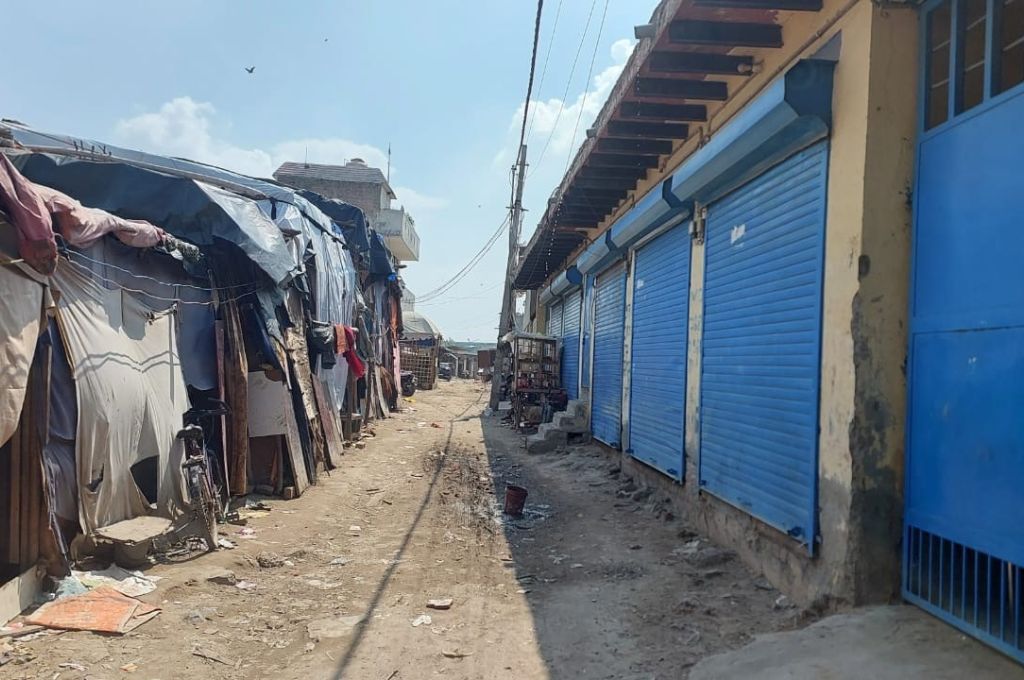The missing water tanker and the absent Rohingya women

Until mid-2024, I was associated with The Azadi Project, a nonprofit that provides leadership skills and psychosocial support to women belonging to marginalised communities. We work with women from the Rohingya community living in a refugee camp in South East Delhi’s Kalindi Kunj area. As a facilitator, I conducted functional literacy classes, sewing lessons, and other sessions based on the specific needs and demands of the women in the community. However, our sessions were often disrupted by external factors that affect people’s lives.
The camps where the Rohingyas reside lack basic necessities. One of the most pressing issues they face is the unreliable water supply. The Delhi Jal Board water supply line doesn’t cater to the settlement and they are dependent on municipality water tankers, which do not arrive at a fixed time.
If there was no prior news of the tanker’s arrival, then the women would come to class. As soon as the tanker arrived, the women in our classes would rush back to their one-room shanties, collect as many buckets as they could carry, and line up to get water. The classes were forgotten in this moment, as the women’s focus shifted to taking the water home and using it for daily chores such as washing clothes, bathing, and cooking.
If the women know that the tanker is going to come at or around a certain time, say 2 pm, they don’t attend the classes because they are worried that they would miss out on getting water for the entire day. For example, if a functional English literacy class is scheduled for the morning, the team would be prepared to receive calls from the women in the camp saying, “We can’t come today because the water tanker isn’t here yet.”
Heena,* a member of the Rohingya community who has learned to read and write at the classes, now advocates for various issues the community faces. She says, “Thanks be to Allah that women have started to get comfortable reading. But it would be better if we had regular water and electricity supply as well as toilets, all in one place.” She adds, “More women would come and actively participate at the centre if they didn’t have to worry about these basic needs.”
*Name changed to maintain confidentiality.
Sara Sheikh is a former programme coordinator with The Azadi Project.
—
Know more: Learn how an NRC detainee in Assam lost his bail plea due to his handwriting.
Do more: Connect with the author at saarashaikh11@gmail.com to learn more about and support her work.



